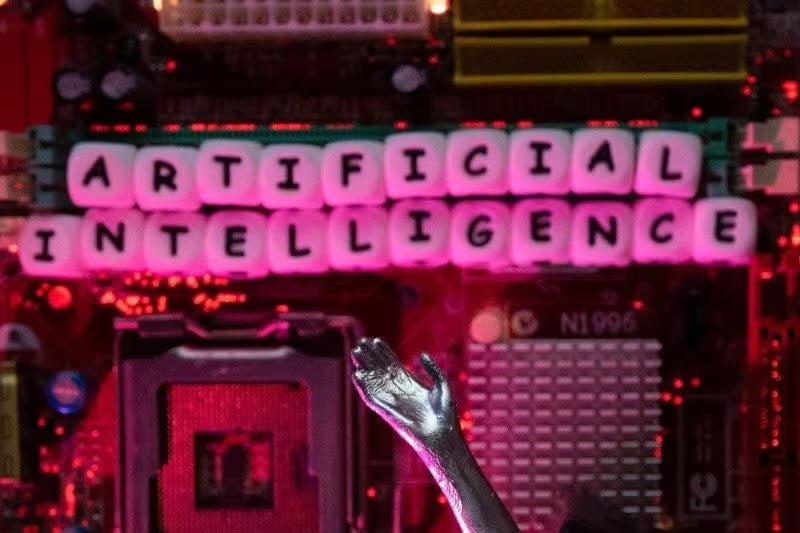LONDON:
The rapid development of novel Artificial Intelligence (AI) tools will lead to an increase in cyberattacks and lower the barrier of entry for less sophisticated hackers to do digital harm, Britain’s GCHQ spy agency warned on Wednesday.
That lower entry barrier will also likely contribute to the global rise in ransomware attacks, whereby criminals encrypt computer systems for a digital ransom, the National Cyber Security Centre (NCSC), which is part of GCHQ, said in a report.
“AI will almost certainly increase the volume and heighten the impact of cyberattacks over the next two years. However, the impact on the cyber threat will be uneven,” the report said.
It suggested the biggest increase in capability for malicious actors in cyberspace would go to opportunistic hackers who do not necessarily possess the skills needed to carry out higher-level attacks.
At the very least, the report said, the use of generative AI tools like chatbots can help create more convincing emails or documents used in online phishing campaigns.
On an advanced level, more capable state-backed hackers were “best placed to harness AI’s potential in advanced cyber operations against networks, for example use in advanced malware generation”, said the report, referring to malicious software and computer viruses.
Intelligence agencies across the world are grappling with the rise of potential security problems tied to algorithms that can generate human-sounding interactions – dubbed large language models, or LLMs, such as OpenAI’s ChatGPT, which businesses are incorporating into a wide range of services, including sales and customer care.
The security implications of AI are still coming into focus. Authorities in Britain, the U.S. and Canada have said they have seen hackers embrace the technology.







